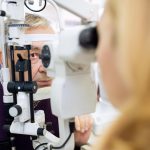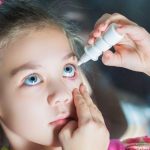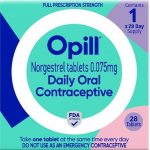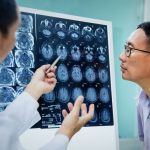
Treatment can control the symptoms of the most common type of glaucoma and save someone’s vision. The catch is that a person can’t feel the changes in eye pressure that can damage vision, so they often won’t know they even have it before it’s too late. That is, unless they’ve been seeing an eye doctor regularly. One vision expert encourages people to not wait for that pressure to damage the optic nerve, but rather to preserve vision with regular health care. “Some people say they don’t need glasses, so they don’t need to see an eye doctor,” said Dr. Tara O’Rourke, an optometrist at Penn State Health Eye Center. “It’s important for everyone to have yearly eye exams to monitor the health of the eye, especially for patients over the age of 50.” About 3 million Americans have glaucoma, according to the U.S. Centers for Disease Control and Prevention. The condition is the second leading cause of blindness in the world. Half of those who have the most common type, open-angle glaucoma, don’t know they have it. In open angle glaucoma, the tiny canals that naturally drain away eye fluid become clogged. “The exact cause or mechanism of open angle glaucoma is unknown at this time. We can manage the eye pressure, but do not have a cure for the disease,” O’Rourke said in a… read on > read on >


















